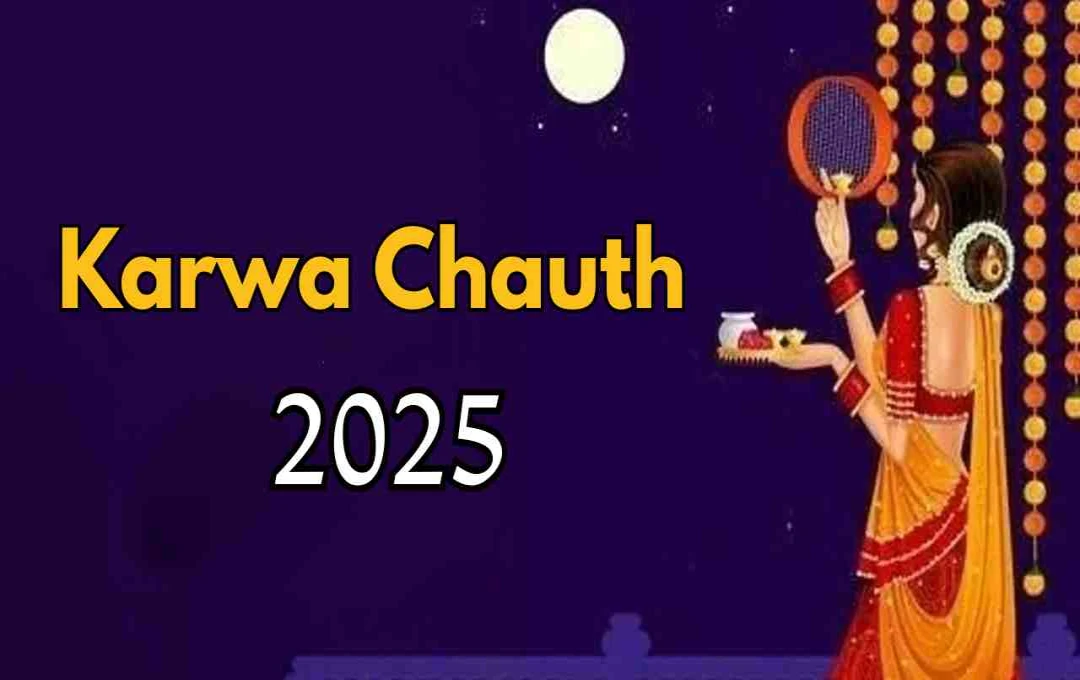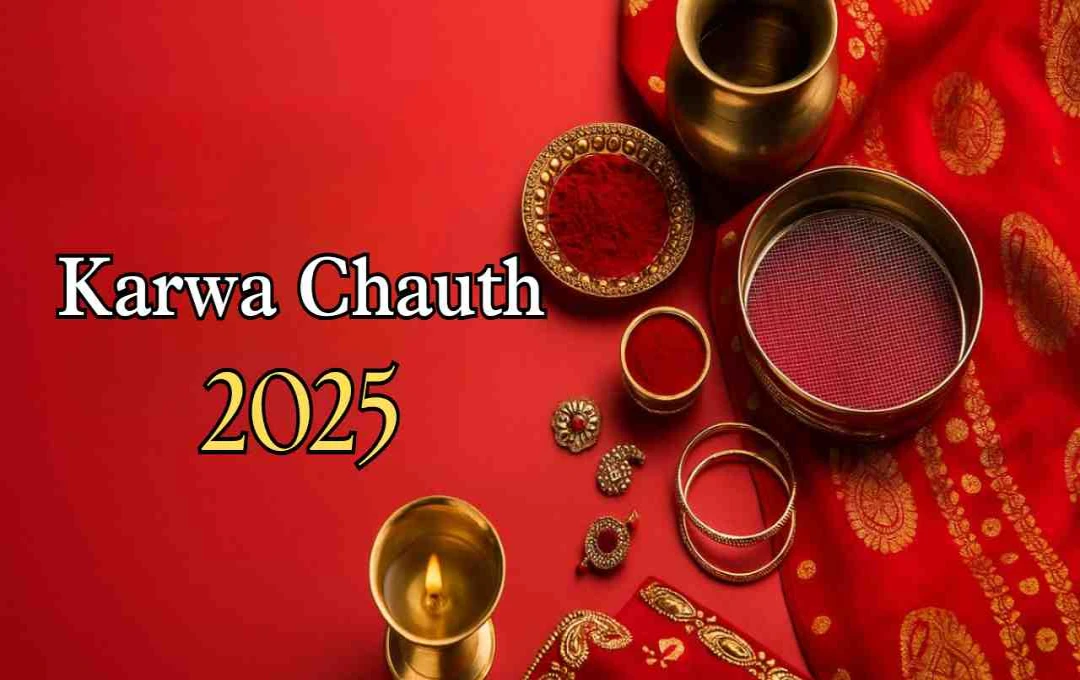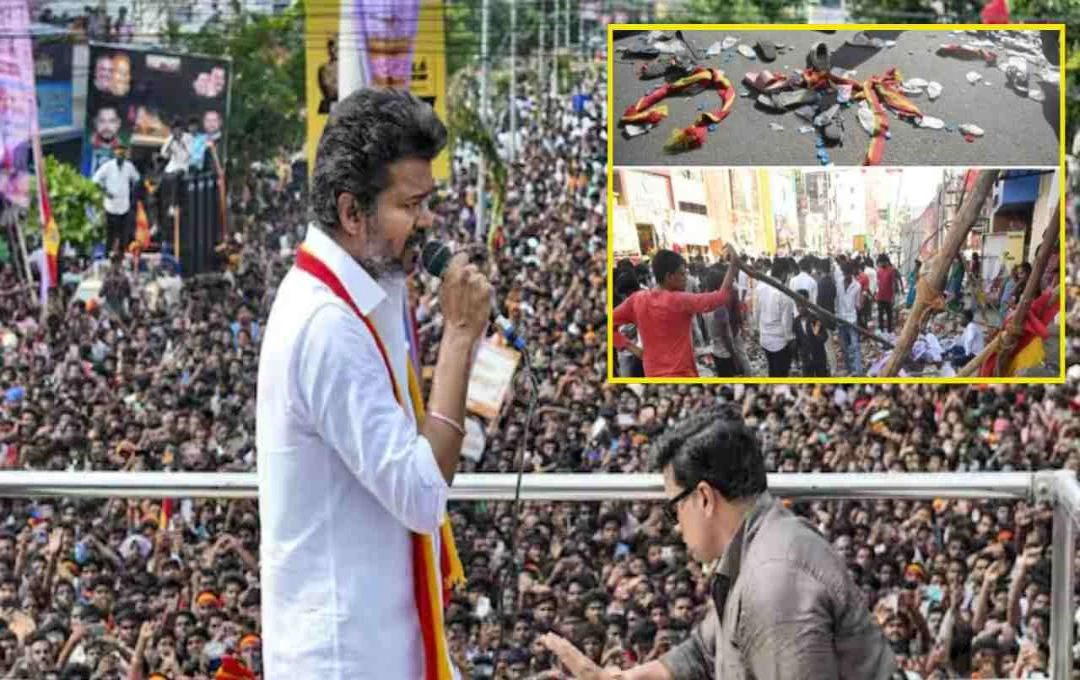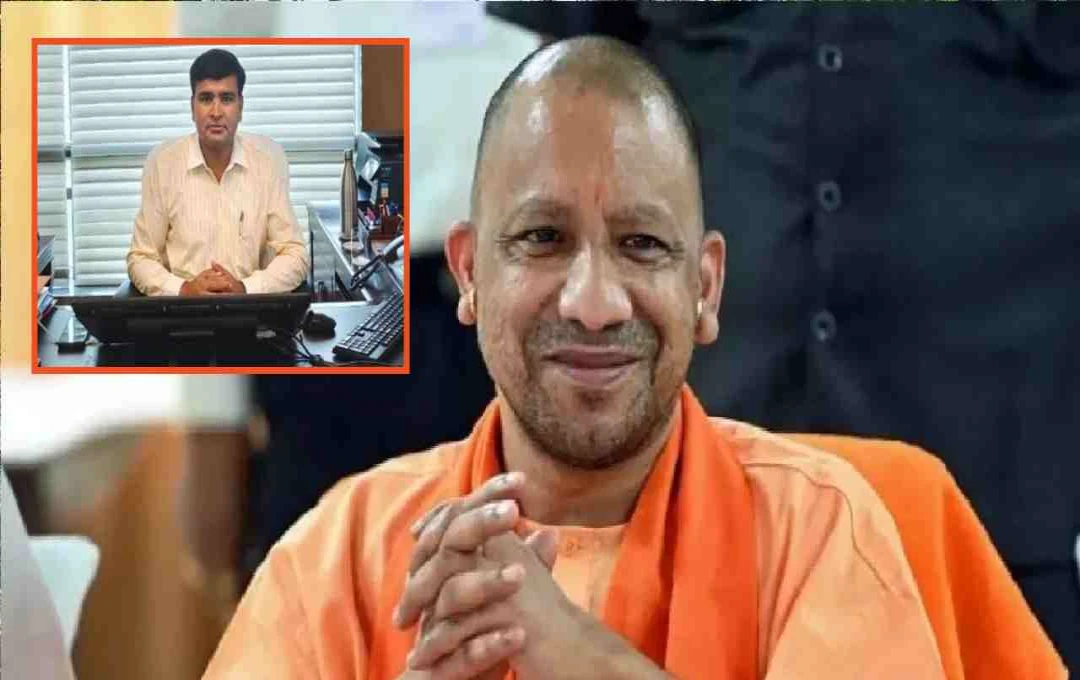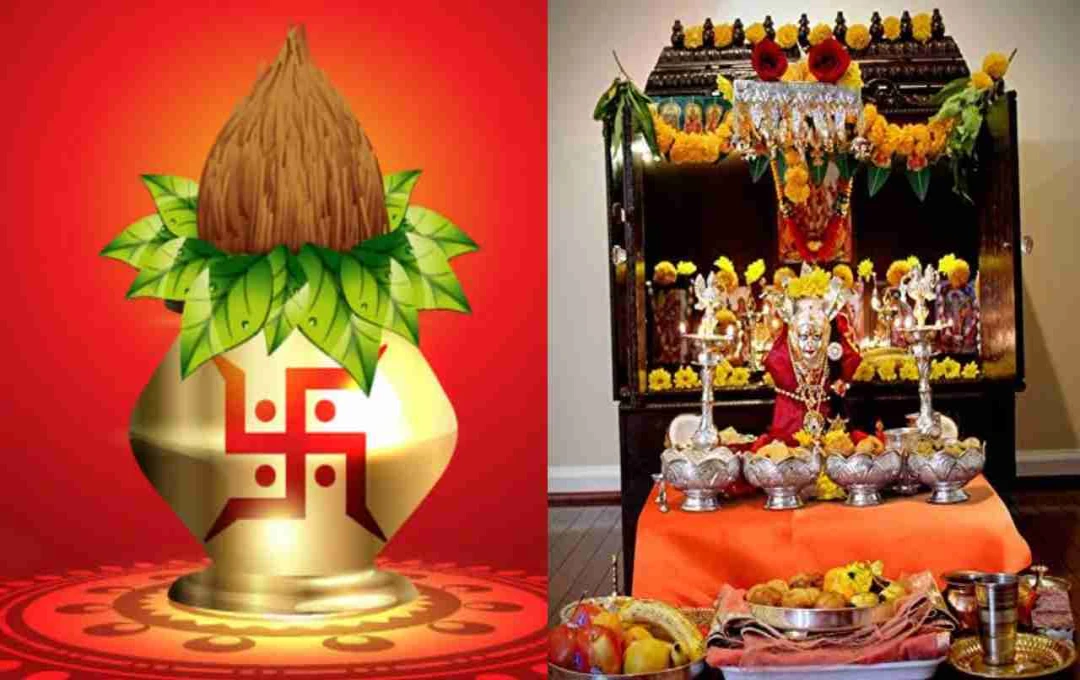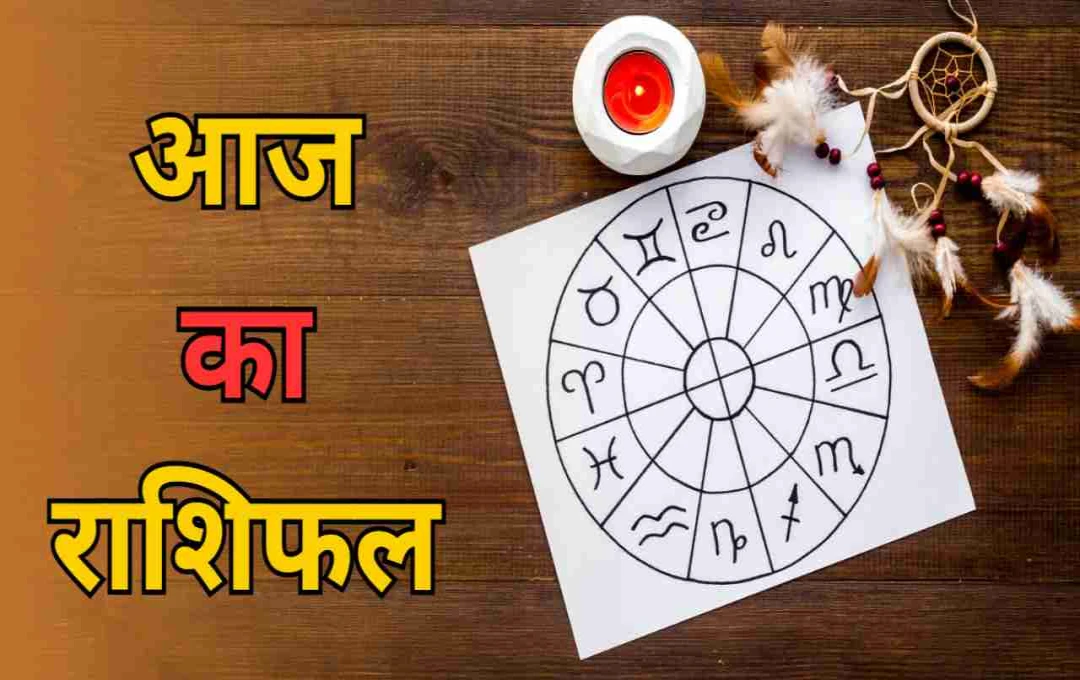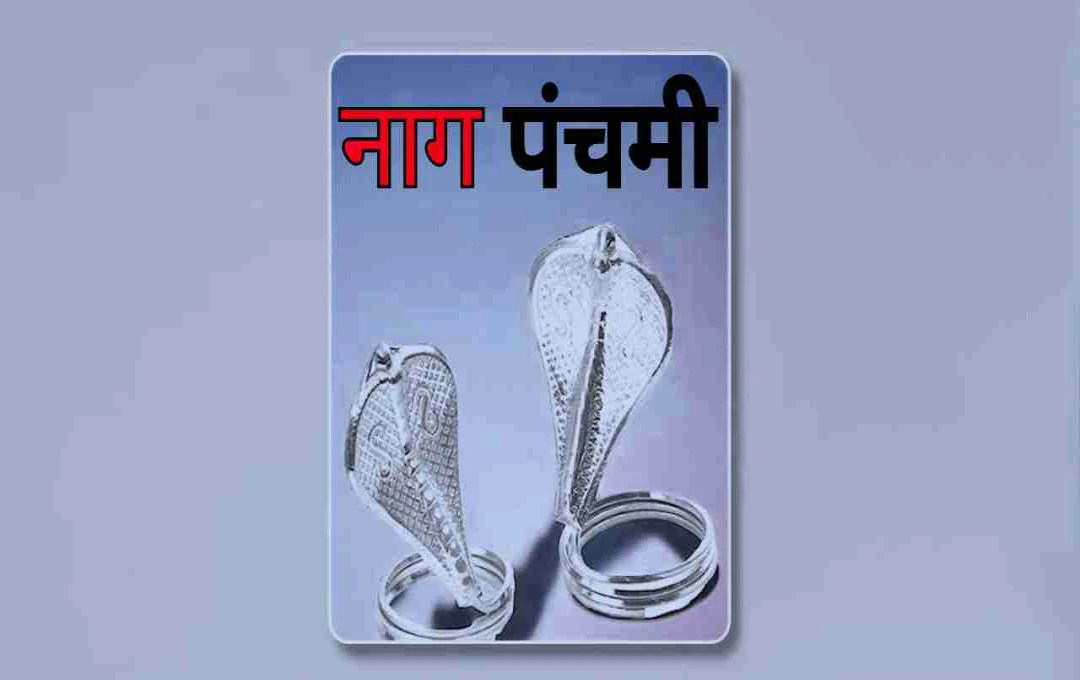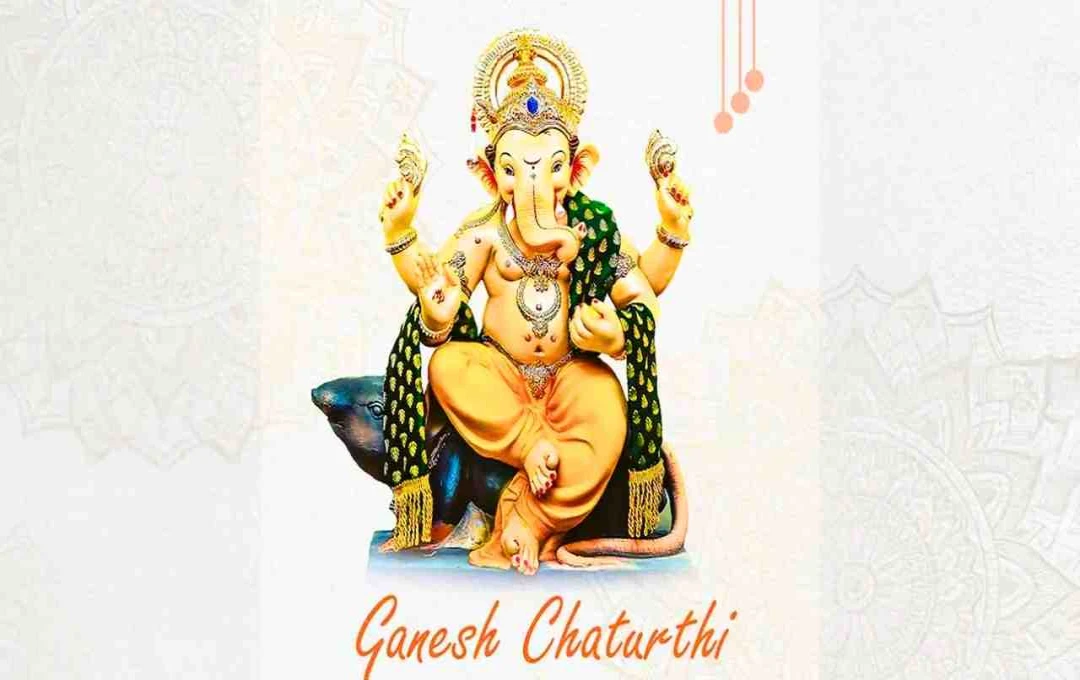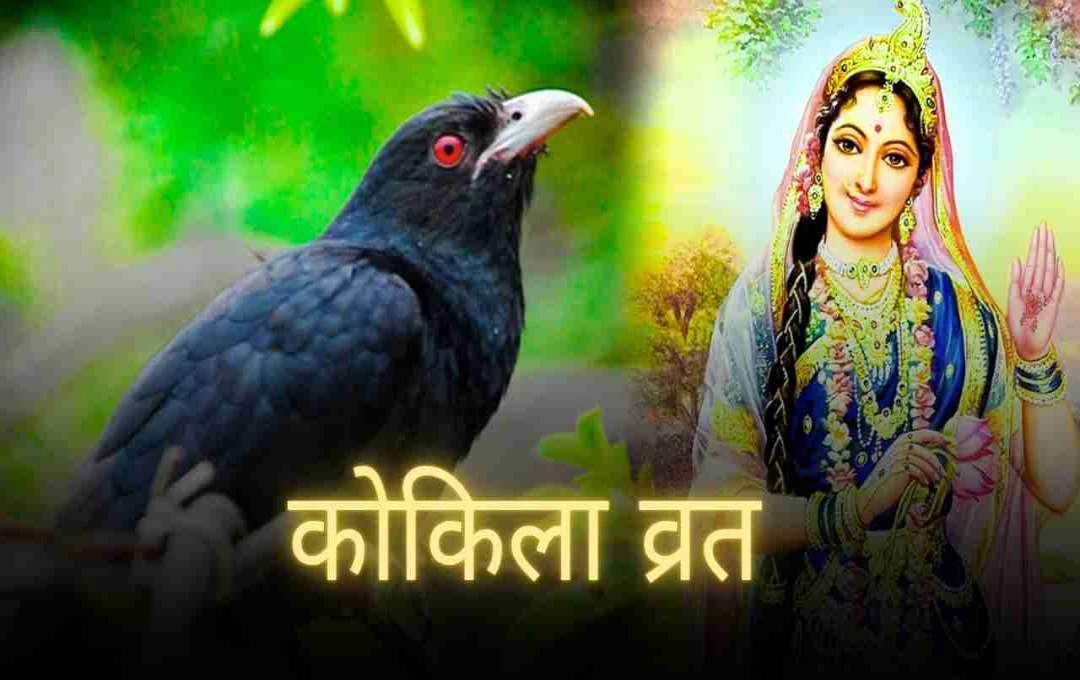Karwa Chauth 2025 will be celebrated on October 10. This fast is observed by married women for the long life of their husbands and a happy married life. According to scriptures, unmarried girls should not observe this fast, as its basis is 'pativratya dharma' (devotion to husband), which applies only after marriage.
Karwa Chauth 2025: This year, the fast of Karwa Chauth will be observed on October 10, Friday. In Hinduism, this festival is observed by married women for the long life and good fortune of their husbands. Although in recent years many unmarried girls have also started observing this fast, according to the scriptures, the original purpose of Karwa Chauth is to follow 'pativratya dharma' after marriage. Therefore, pundits believe that this fast is auspicious and religiously appropriate only for married women.
Significance and Tradition of Karwa Chauth
Karwa Chauth is a fast in Hinduism observed for the long life, health, and marital happiness of the husband. This fast is celebrated on the Chaturthi Tithi (fourth day) of the Krishna Paksha (dark fortnight) of the Kartik month. On this day, women observe a 'nirjala' fast (without water) from sunrise until moonrise. Throughout the day, they neither drink water nor consume food.
In the evening, women worship Karwa Mata and the Moon, then break their fast by drinking water offered by their husbands. It is a religious belief that a woman who observes this fast receives blessings of unbroken marital bliss and her married life remains happy.
The Karwa Chauth fast is intended for 'Saubhagyavati' i.e., married women. It is not just a religious ritual, but is considered a symbol of love, trust, and dedication between husband and wife.
When is Karwa Chauth 2025?
According to the Hindu calendar, the Karwa Chauth fast in the year 2025 will be observed on October 10, Friday.
The Chaturthi Tithi of Krishna Paksha of Kartik month will begin at 10:54 PM on October 9 and conclude at 7:38 PM on October 10.
According to Udayatithi (the date prevailing at sunrise), the fast will be observed on October 10. On this day, married women across the country will observe a 'nirjala' fast, praying for the long life of their husbands.
Why Unmarried Girls Should Not Observe Karwa Chauth Fast
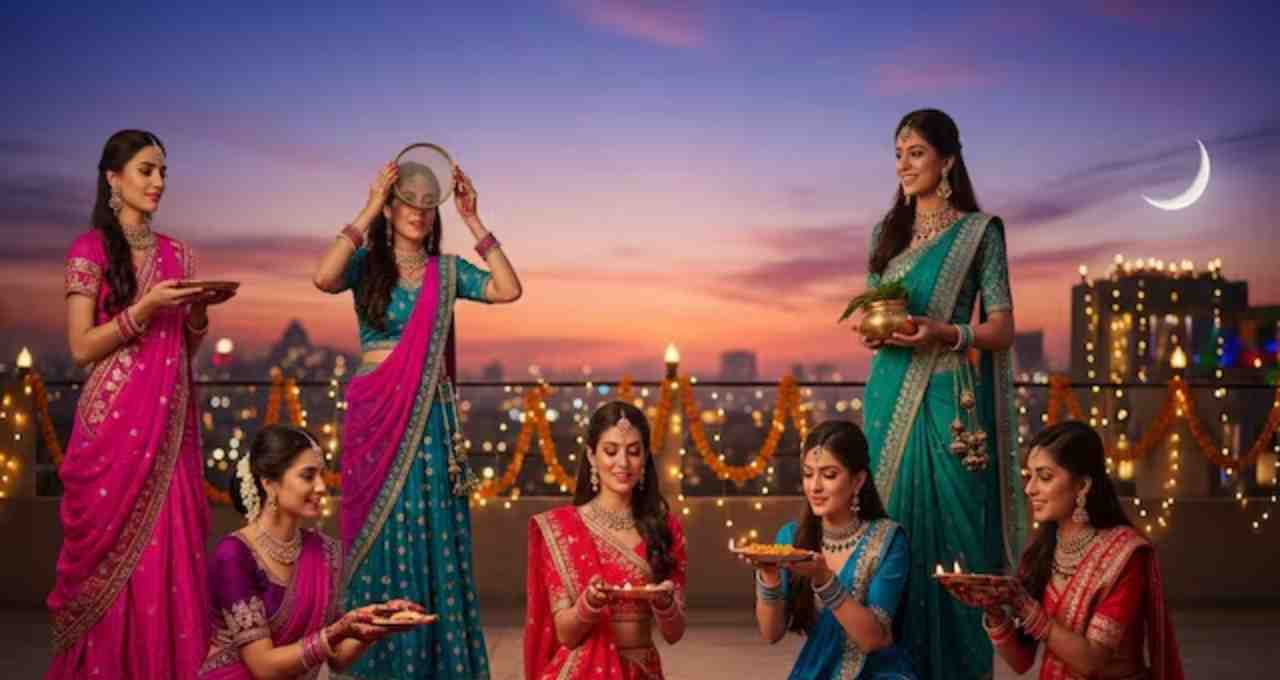
According to pundits and scriptures, the Karwa Chauth fast is primarily prescribed for married women. The foundation of this fast rests on 'pativratya dharma', which signifies the dedication and loyalty shown by a wife towards her husband after marriage.
'Pativratya dharma' means – dedication, loyalty, and participation in the joys and sorrows of the husband. Since this sentiment is only possible in married life, unmarried girls are not required to observe this fast.
Religious beliefs also state that the Karwa Chauth fast is observed for the protection of 'suhag' (the marital state and well-being of the husband). Therefore, it is not considered suitable for unmarried girls, as the concept of 'suhag' does not yet exist in their lives.
What Do the Scriptures Say?
According to religious texts, the Karwa Chauth fast is directly related to 'saubhagya' (marital bliss) and 'pativratya dharma'. Scriptures state that only women who are married and wish for their husband's long life should observe this fast.
Pundits believe that this fast is not necessary for unmarried girls, as it is based on the sacred relationship between husband and wife. On the contrary, for unmarried girls, worshipping Lord Shiva, Mother Parvati, or Lord Krishna is considered more auspicious.
However, scriptures also mention that any person, whether married or unmarried, who observes a fast with faith and devotion, will surely receive its virtuous benefits. But adopting a fast without understanding its purpose and tradition is not considered right.
Changing Perspective in Modern Times
In the modern era, the form of Karwa Chauth has also changed somewhat. Now, it is not just a religious ritual but has become a celebration of love and emotions. Many unmarried girls also observe this fast for the well-being of their boyfriends or future life partners. The trend of observing the fast as a symbol of love on Karwa Chauth is also being seen on social media.
However, from a traditional perspective, the original purpose of the Karwa Chauth fast is to ensure the husband's long life and protect marital bliss. Therefore, many scholars believe that it should be limited to married women, so that its religious essence and significance are preserved.
What are the Disadvantages if Unmarried Girls Observe the Fast?
There is no strict prohibition in the scriptures that unmarried girls cannot observe the fast, but it is stated that they should not undertake the full responsibility associated with its complete rituals and procedures.
Considering the rules, worship methods, and objective of the fast, it is considered appropriate only for married women.
If unmarried girls wish, they can worship Karwa Mata or Maa Gauri on this day and pray for a good life partner for themselves. This method is also considered religiously correct and there is no contradiction behind it.
Religious Belief and Folk Tradition
A mythological story is also prevalent behind the tradition of Karwa Chauth. It is said that a devoted wife, Veeravati, observed this fast for the long life of her husband. She fasted without water throughout the day, and when the moon appeared, she performed her worship. Pleased by her devotion and dedication, the gods blessed her husband with a long life.
The essence of this story is that the purpose of the Karwa Chauth fast is to show dedication and love towards the husband, not merely to perform a religious ritual. Therefore, it is viewed as a fast for married women.
What Can Unmarried Girls Do?
If an unmarried girl, inspired by faith, wishes to observe a fast, she can keep it as a "general fast." In this, instead of following the complete Karwa Chauth rituals, she can simply worship Maa Parvati and Chandra Dev (the Moon God).
Doing so does not affect the religious essence of the fast, and her devotion remains intact.
